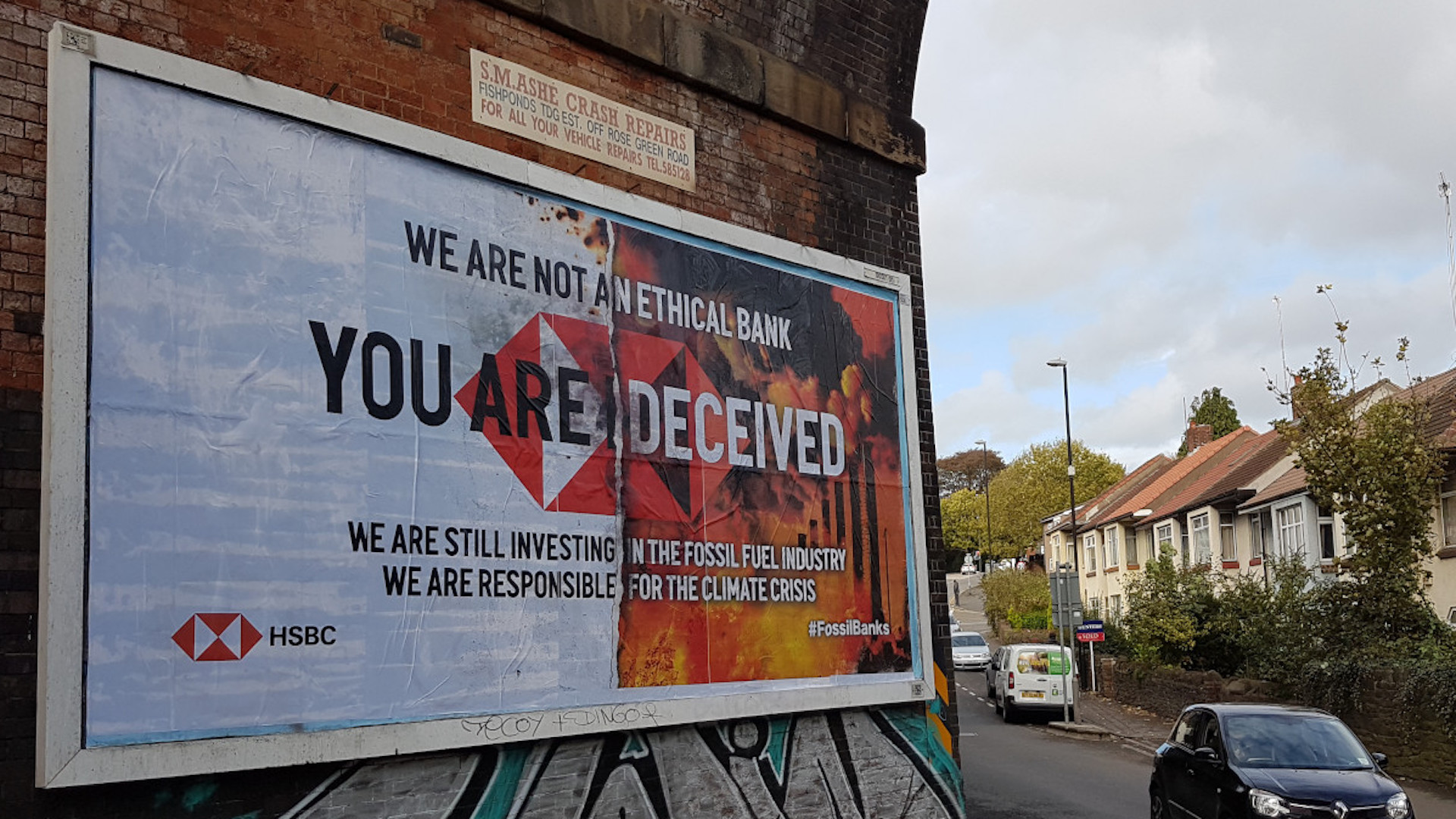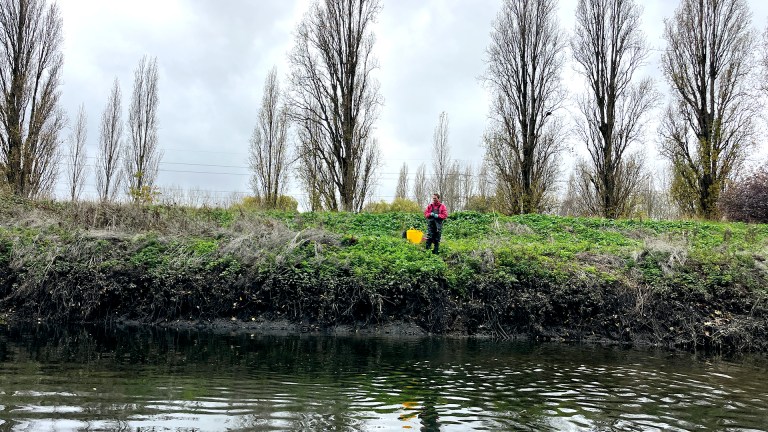“The bank’s tinkering around the margins with its climate policy won’t do,” McGibbon added. “HSBC’s current policies will still allow them to fund this huge level of climate destruction and human suffering well into the future.
“No more excuses: The bank must set out its plan to end all its support for fossil fuels.”
In 2018 HSBC committed to end financing for new coal projects outside of Vietnam, Bangladesh and Indonesia, but the policy did not apply to schemes already backed by the bank.
Its fossil fuel deals “make a mockery of the bank’s claim to support the Paris Agreement,” the report said.
“HSBC is committed to partnering its customers in the transition to net zero,” a HSBC spokesperson said in response to the Market Forces study.
“We are prioritising finance and investment that supports our customers to progressively decarbonise, and expect to provide between US$750bn and US$1tn in finance for the net zero transition.”
Advertising helps fund Big Issue’s mission to end poverty
HSBC is expected to introduce a resolution at its AGM tomorrow (Friday) to phase out funding for coal power and mining by 2040.
Black and indigenous communities are being “sacrificed on the pyre of profiteering,” said Tara Houska, an indigenous activist campaigning against the HSBC-funded Enbridge Line 3 pipeline in Minnesota.
“I call on the financiers to end their relationships with those who harm our people and land without a second thought. I call for action, not more empty words and promises.”
Less than a year after the Paris Agreement was signed, HSBC struck a deal to fund the expansion of the Tengiz oilfield in northwestern Kazakhstan, the researchers said, which emits 38 million tonnes of carbon dioxide every year.
The oil contains high concentrations of hydrogen sulphide, which Public Health England said can lead to “death within minutes” if inhaled.
Advertising helps fund Big Issue’s mission to end poverty
In November climate activists covered more than 250 billboards and bus stops across the UK with spoof HSBC adverts to protest the bank’s investment in fossil fuels and alleged “bankrolling human rights abuses”.
The Brandalism campaigners targeted ads in ten cities including London, Bristol and Glasgow in a bid to expose what they called the banking giant’s “harmful impacts on the climate and communities globally”.









